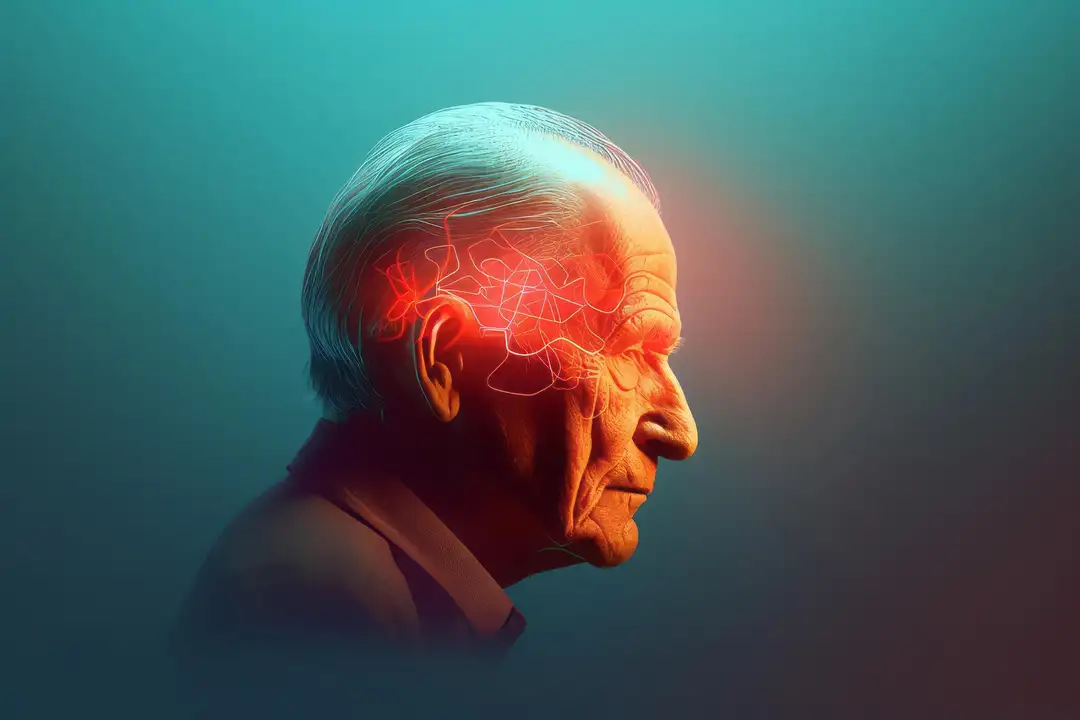
At ESC® 2025, the results of the phase 3 BaxHTN study were presented, which evaluated the efficacy and safety of baxdrostat, a selective inhibitor of aldosterone synthesis, in patients with uncontrolled or resistant hypertension. The trial included 796 participants randomized to receive either 1 mg, 2 mg baxdrostat, or placebo in addition to background therapy.
After 12 weeks, the reduction in systolic blood pressure was –14.5 mmHg with 1 mg and –15.7 mmHg with 2 mg, compared to –5.8 mmHg with placebo. The adjusted difference from placebo was –8.7 mmHg (95% CI, –11.5 to –5.8) and –9.8 mmHg (95% CI, –12.6 to –7.0), respectively (p<0.001). In addition, about 40% of treated patients achieved systolic pressure <130 mmHg, versus 18.7% in the placebo group.
Regarding safety, there was an increase in serum potassium, but episodes of severe hyperkalemia were rare. The most common adverse events included hyponatremia, dizziness, and muscle spasms, which were usually mild. Transient changes in renal function were also observed, with no relevant clinical impact.
The study reinforces the central role of aldosterone in the pathophysiology of difficult-to-control hypertension and positions baxdrostat as a potential innovative therapeutic option for this patient profile.
To not miss any details of ESC® 2025 coverage, follow our Tribe MD portal on the website or on Instagram @mediq.oficial.
Also participate in the exclusive communities on WhatsApp CardioUpdate: · Group without interaction: https://chat.whatsapp.com/D4un304ZqaL0UacNomgvxy · Interactive group: https://chat.whatsapp.com/DQhnM3fGZu016Y80Ps91By
References:
1- Flack JM, Azizi M, Brown JM, et al. Efficacy and Safety of Baxdrostat in Uncontrolled and Resistant Hypertension. N Engl J Med. 2025 Aug 30. doi:10.1056/NEJMoa250710




